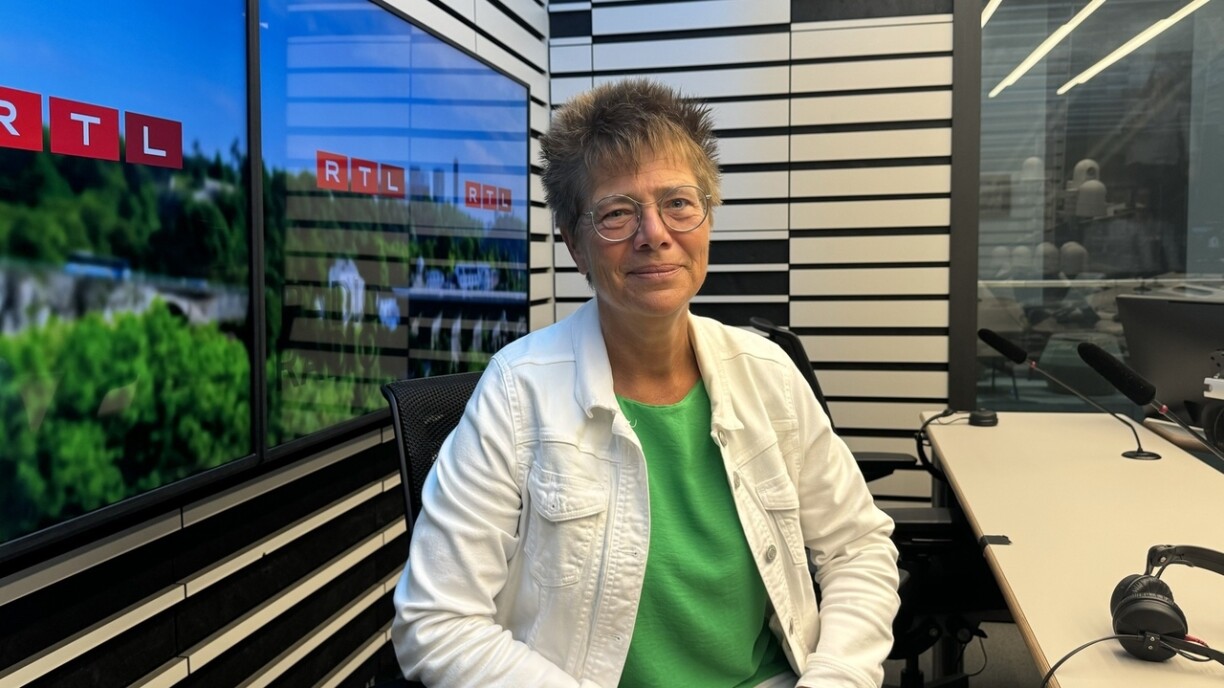
“It’s much more than sex and it’s certainly not just about sex,” Brochmann stated, highlighting the broader scope of PAN SAS, which marks its tenth anniversary this year. Established by the ministries of Health, Family Affairs, Education, and Gender Equality, the plan now targets all age groups, moving beyond its initial focus on children and teenagers.
The primary goal is to offer progressive, age-appropriate education on sexual and emotional health. For instance, “with young children,” Brochmann explained, “we focus on emotions rather than sexuality. We address questions like what feels good for me? What’s good for my body? Where are the boundaries? These are questions we want to clarify.”
In contrast, educating adults presents a different challenge. The National Reference Centre for the Promotion of Emotional and Sexual Health (CESAS), operational since 2018, plays a crucial role in this aspect. Annually, CESAS organises a week dedicated to emotional and sexual health, featuring themed evenings where films are screened followed by debates on topics such as sexual violence and mutilation.
“We’ve accomplished a lot over the last ten years,” Brochmann remarked, citing the establishment of CESAS as a pivotal milestone. She also underscored the impact of the “Let’s talk about sex” initiative, which comprises several components. These include a comprehensive binder of verified information for professionals working with young people, toolkits for partners to facilitate educational events, and training courses offered through CESAS. Additionally, the initiative has led to the creation of a podcast titled Méi wéi Sex (“More than sex”), aimed at “anyone with a body.”
Brochmann also celebrated Luxembourg’s recent policy milestone: the provision of free contraception, which she hailed as “remarkable progress.”
An integral part of recent efforts has been shifting the narrative around sexuality towards a more positive and supportive approach. Brochmann highlighted the evolution from a focus solely on disease prevention to broader discussions encompassing infections and support for individuals facing unwanted pregnancies.
“We need to support women without judgment,” Brochmann emphasised, stressing the importance of ensuring that women do not feel stigmatised or blamed for their circumstances.
Despite these strides, Brochmann identified social media as a significant challenge in current sexual education efforts. She expressed concern over the portrayal of sexuality in negative stereotypes and the pervasive influence of pornography, which exposes children to explicit content at increasingly younger ages.
According to Brochmann, the latest BEE SECURE report indicates that children as young as 10-11 are encountering pornographic material. She stressed the need for proactive measures to equip educators and caregivers with the tools and resources necessary to address these challenges effectively.